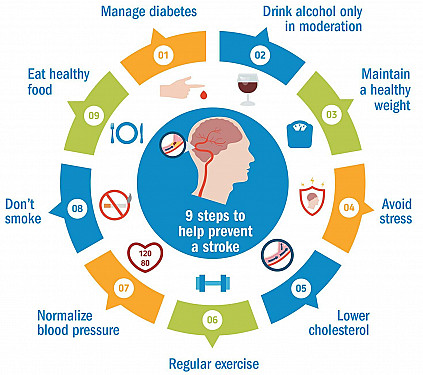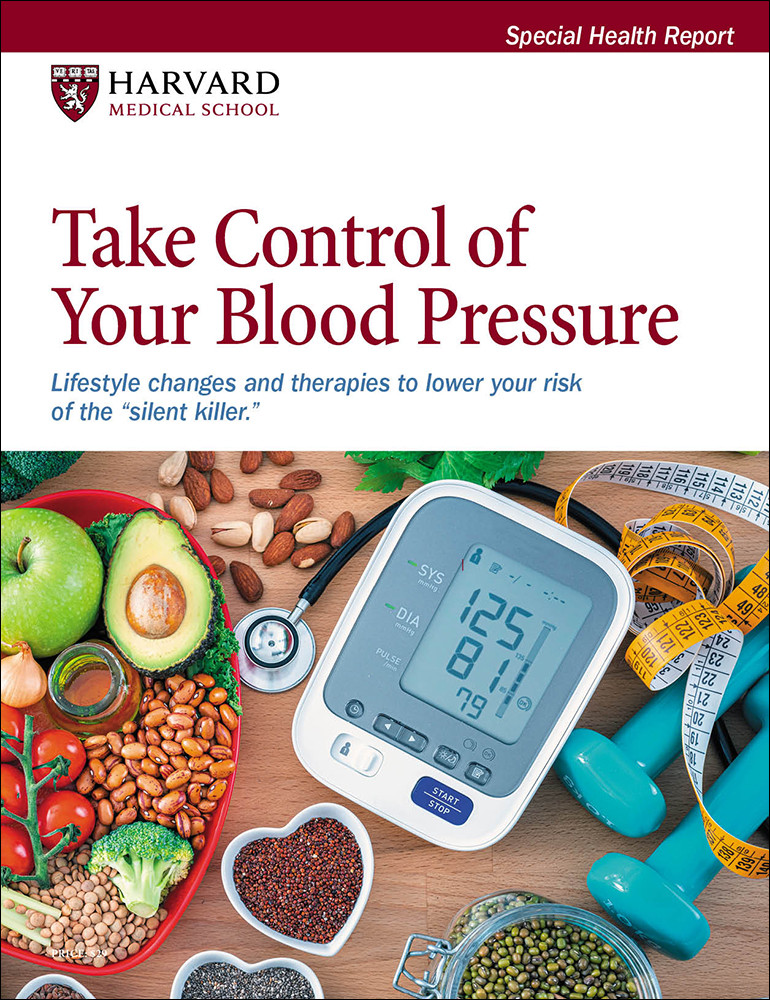Intensive blood pressure control may lower risk of cognitive problems
Research we're watching
- Reviewed by Christopher P. Cannon, MD, Editor in Chief, Harvard Heart Letter; Editorial Advisory Board Member, Harvard Health Publishing

For people at high risk for heart disease, aggressive blood pressure control may lower their future risk of cognitive impairment, according to a study published Feb. 11, 2025, in Neurology.
The study included 7,221 people ages 50 and older who were part of an earlier, larger trial of participants who were randomly assigned to receive either standard or intensive blood pressure treatment: a systolic blood pressure goal of less than 140 or less than 120 points, respectively. (Systolic blood pressure refers to the first number in a blood pressure measurement.) The trial was stopped early, after 3.3 years, because of the clear benefit of intensive treatment for reducing heart disease.
To evaluate the cognitive effects, researchers then followed the participants for a median of seven years, using telephone-based cognitive assessments to classify them into three groups: no impairment, mild impairment, or probable dementia. People in the intensive treatment group had a lower combined rate of cognitive impairment or probable dementia than those in the standard treatment group.
Image: © Viktor Cvetkovic /Getty Images
About the Author

Julie Corliss, Executive Editor, Harvard Heart Letter
About the Reviewer

Christopher P. Cannon, MD, Editor in Chief, Harvard Heart Letter; Editorial Advisory Board Member, Harvard Health Publishing
Disclaimer:
As a service to our readers, Harvard Health Publishing provides access to our library of archived content. Please note the date of last review or update on all articles.
No content on this site, regardless of date, should ever be used as a substitute for direct medical advice from your doctor or other qualified clinician.
















